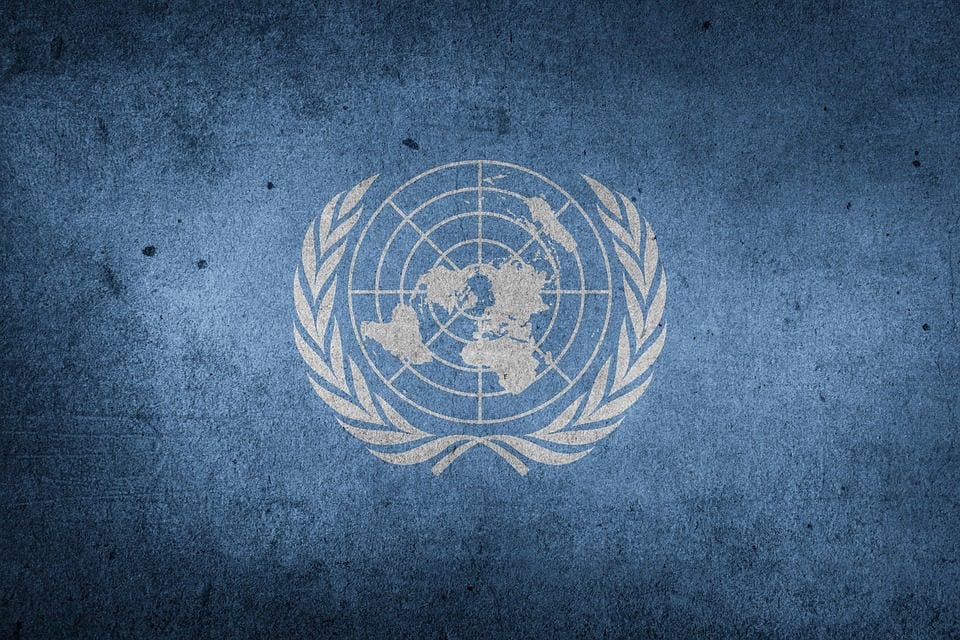
The powerful United Nations is now seeking to increase its influence worldwide by seizing global “emergency” powers, and President Joe Biden supports their proposal.
Interestingly, the U.N. proposal would begin September 2024, a mere two months before a highly anticipated general election in the U.S.
The global organization will host a “Summit of the Future” where associated nations will adopt a so-called “Pact for the Future.”
The “pact,” or agreement, would set in place multiple policy reforms offered by the U.N. in past years as part of its “Our Common Agenda” platform.
While there are several aggressive proposals included in the agenda, none are as disconcerting as the U.N.’s plan for an “emergency platform,” which would provide the international organization significant powers in times of “global shocks,” such as another global pandemic.
Most details of the U.N.’s proposal were included in a March policy paper titled, “Strengthening the International Response to Complex Global Shocks — An Emergency Platform.”
The U.N.’s secretary-general, António Guterres, outlined the emergency platform proposal: “I propose that the General Assembly provide the Secretary-General and the United Nations system with a standing authority to convene and operationalize automatically an Emergency Platform in the event of a future complex global shock of sufficient scale, severity and reach.”
“The challenges we face can only be addressed through stronger international cooperation,” Guterres declared.
The emergency platform would provide the international body with power over all nations in times of distress.
Such power, according to the U.N., is needed to “[e]nsure that all participating actors make commitments that can contribute meaningfully to the response and that they are held to account for delivery on those commitments.”
According to the U.N.’s policy proposal, the secretary-general could extend the emergency platform, if need be, despite its duration being set for a “finite period.” Such a decision would be made without the consent of any member nations.
So, precisely what type of “global shock” would trigger an emergency platform?
According to the U.N., a “large-scale event,” “future pandemics,” a “disruptions to global digital connectivity,” a “major event in outer space,” and other “unforeseen risks” are all causes of an emergency platform.
Many have criticized the U.N.’s proposal and have accused it of being an attempt at consolidating power.
Although many oppose the proposal, there are some who support it, such as the Biden administration.
“The emergency platform proposal might be the biggest attempted power grab in the history of the United Nations, but as shocking as it is, it pales in comparison to the Biden administration’s treatment of this extremist proposal.” They are all in on this. https://t.co/kDF0JPBPZ2
— WanderAway (@WandaGayle5) July 6, 2023
Instead of defending American sovereignty, the White House expressed its support for the emergency platform.
U.S. Ambassador Chris Lu noted in March 2022 that the Biden administration supports the U.N.’s emergency platform, as well as multiple other proposals included in “Our Common Agenda,” according to a transcript of Lu’s remarks to the U.N. in 2022.
This article appeared originally on The Western Journal.
The post Exposed: UN Set to Launch ‘Global Shocks’ Plan Just Prior to US Presidential Election appeared first on The Gateway Pundit.